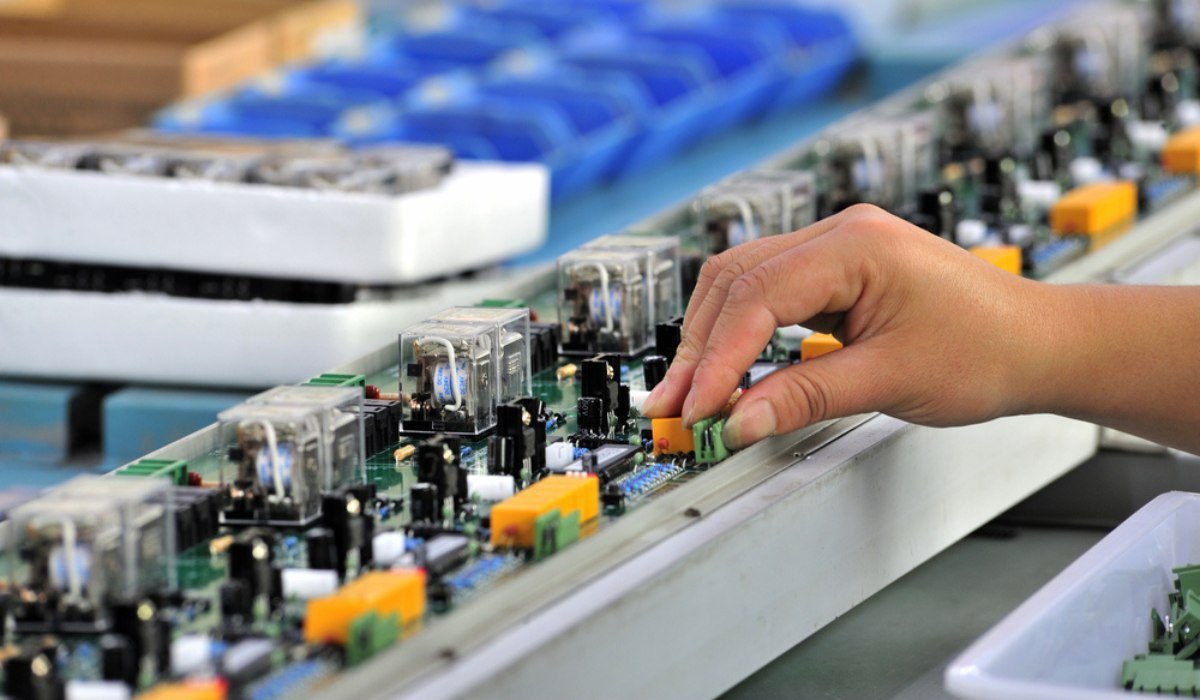When it comes to home safety, electrical wiring is one of the most important yet often overlooked elements. The right choice of wiring can protect your property from electrical hazards such as short circuits, overheating, and even potential fire outbreaks. Poor-quality or incorrectly installed wiring not only compromises safety but also reduces the efficiency and lifespan of your electrical systems. Choosing the correct wiring is not just a technical decision—it’s a safeguard for your family’s well-being. Companies like Manikaran Enterprises emphasize that investing in safe, durable, and compliant wiring is the foundation of a reliable home electrical system.
Understanding the Importance of Electrical Wiring Safety
Electrical wiring acts as the backbone of your home’s power distribution network. From powering appliances to lighting fixtures, every device relies on safe and efficient wiring to operate smoothly. Inferior materials, wrong wire sizes, or substandard installation can lead to electrical leaks, overheating, and voltage fluctuations. In the worst cases, these issues can cause electrical fires. By choosing quality wiring, you ensure that your home remains both functional and hazard-free. Homeowners are now more aware than ever about the value of professional guidance from trusted providers like the Top Electrical Solution Company in Rajasthan, who ensure wiring installations meet both safety standards and performance expectations.
Key Factors to Consider When Choosing Electrical Wiring
When selecting wiring for your home, it’s important to understand the different factors that affect safety and performance.
1. Material Quality
Copper wiring is the most common choice due to its high conductivity and durability. Aluminum wiring is lighter and cheaper but may require additional safety measures to prevent overheating. Ensure your wires are sourced from reputable manufacturers to avoid counterfeits.
2. Wire Gauge and Size
The thickness of the wire, measured in gauge, directly impacts its ability to carry electrical current without overheating. Larger gauge wires carry more current safely, making them suitable for high-power devices like air conditioners and electric stoves.
3. Insulation Type
High-quality insulation protects the conductor from moisture, heat, and mechanical damage. For residential purposes, PVC insulation is common, but heat-resistant and flame-retardant options provide better safety in critical areas.
4. Compliance with Safety Standards
Always ensure your wiring meets the ISI (Indian Standards Institute) certification. Compliance guarantees that the wiring has undergone rigorous testing for safety and performance.
5. Application-Specific Wiring
Different rooms in your home may require different types of wiring. For example, kitchens and bathrooms often need moisture-resistant cables, while entertainment rooms may benefit from wiring designed to minimize electromagnetic interference.
Role of Low Current Systems in Home Safety
While most homeowners focus on high-voltage wiring, Low Current Systems play a crucial role in modern home safety and automation. These systems include data cables, security wiring, fire alarm connections, and home automation networks. Choosing high-quality, well-shielded low-current cables helps prevent interference, ensures signal reliability, and supports safety devices like smoke detectors and CCTV systems. By integrating these systems with your main wiring plan, you create a comprehensive safety net for your home.
Common Mistakes to Avoid When Choosing Wiring
Even the best-quality wiring can become a hazard if not selected or installed properly. Avoid these common mistakes:
- Ignoring Load Requirements: Installing a thin wire for a high-load appliance can lead to dangerous overheating.
- Using Outdated Wiring: Old wiring may not support modern electrical demands, leading to overloads.
- Overlooking Environmental Conditions: Damp areas, hot spaces, or outdoor installations require specialized cable types.
- DIY Installation Without Expertise: Improper connections or routing can create hidden hazards inside walls.
Professional Installation and Maintenance
Selecting the right wiring is only half the battle—proper installation is equally critical. Trained electricians from companies like Manikaran Enterprises ensure that each wire is correctly routed, connected, and secured. Professional installation minimizes the risk of loose connections, damaged insulation, and improper grounding. Regular inspections and preventive maintenance help identify potential problems before they escalate into hazards, further extending the life of your wiring system.
Future-Proofing Your Home with the Right Wiring
With the growing integration of smart home technologies, energy-efficient appliances, and home automation systems, your wiring should not just meet current needs but also future demands. Opting for wiring that can handle higher loads and integrating advanced low-current cabling ensures your home stays ready for upcoming innovations without costly rewiring.
Conclusion
Choosing the right electrical wiring for your home is a vital decision that impacts safety, efficiency, and long-term performance. By focusing on material quality, correct wire sizing, proper insulation, and compliance with safety standards, you safeguard your family and property from electrical hazards. Incorporating both high-voltage and low-voltage wiring into a unified plan ensures a robust and future-ready electrical infrastructure. Trusting experts like the Top Electrical Solution Company in Rajasthan ensures your wiring is not just installed but designed with safety and durability as the top priorities. In the end, a well-planned wiring system is




